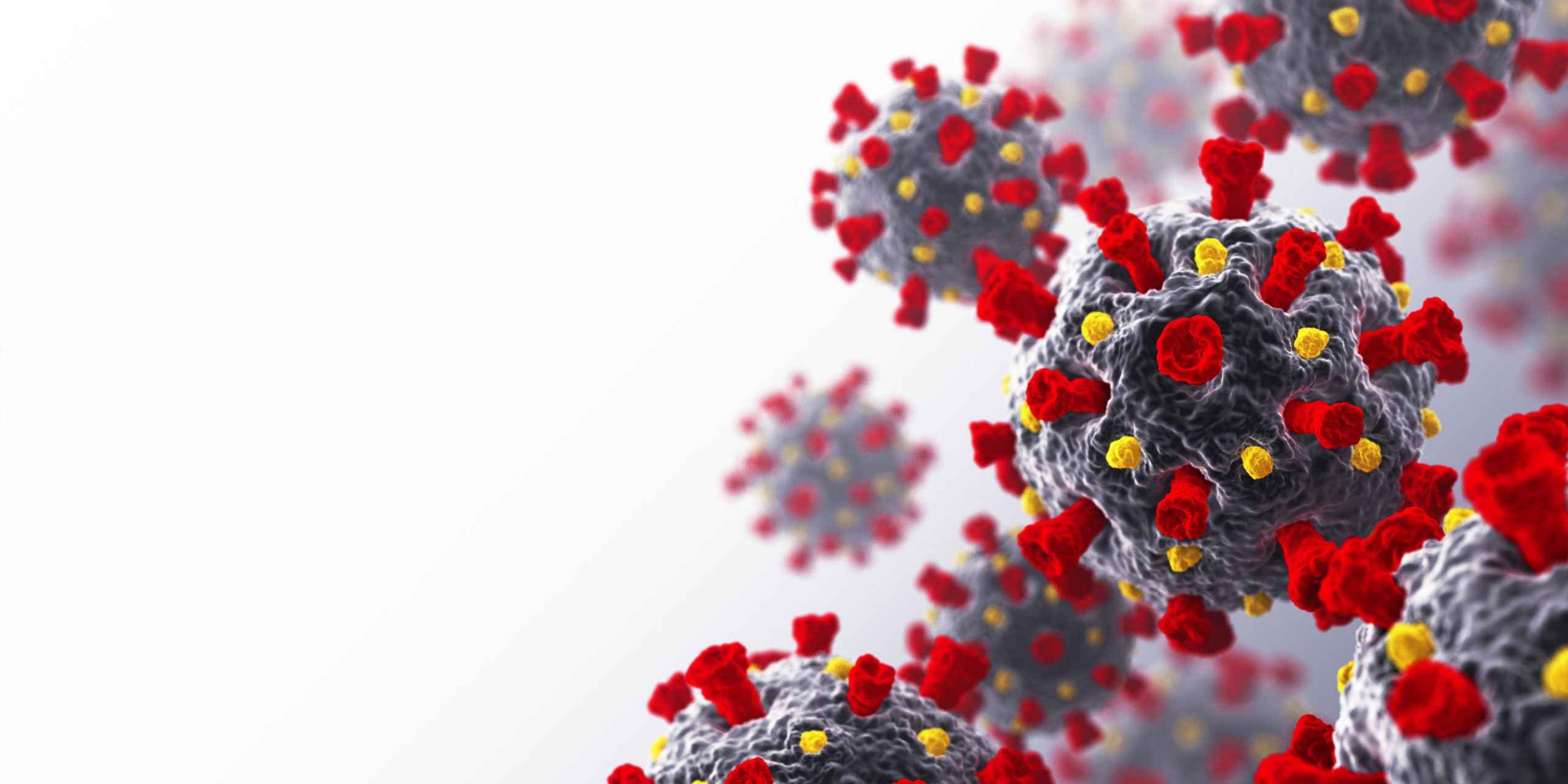Coronavirus (COVID-19) Information
CDC Advice for Staying Safe

RxGenomix is devoted to helping everyone protect themselves, their families and their businesses from the COVID-19 pandemic. RxGenomix offers rapid antigen testing, pooled surveillance testing, and diagnostic RT-PCR testing programs for organizations, for pharmacies, and for individuals.
RxGenomix is now offering full-service testing programs for a wide range of organizations and fast, accurate COVID-19 testing for individuals in the South Nashville metro area.
Need an individual test with results as soon as possible? Or do you need a negative PCR result to fly internationally? We are now offering 15-minute turnaround on antigen testing and 24-hour turnaround on PCR testing, with results from early appointments available SAME DAY. All testing is done BY APPOINTMENT ONLY at our location in Franklin.
24-hour PCR testing and a consultation with a healthcare professional – $150. 15-minute antigen testing – $99*
We’ve collected a few resources below, with answers to the most common questions people have. To put it simply, there are strategies everyone can use to prevent the spread of infection and get quick access to diagnostic tests and the appropriate care. We’re here to help.
What It Is
COVID-19 is a respiratory illness that has a wide ranging effect on different people. You may be infected and experience no symptoms at all (40% or more) or it could be fatal (at or near 1%). The virus (SARS-CoV-2) that causes the illness (COVID-19) is transmitted through droplets that are spread into the air every time you exhale, talk, sneeze, sing, etc. The more forceful the action, the farther the droplets will travel.

Steps Everyone Can Take
While no one has all the answers when it comes to the pandemic, health experts across the country agree there are four key strategies everyone can employ every day to help protect themselves and stop the spread. No one strategy is foolproof, but taken together these simple strategies can be highly effective in stopping the transmission of this and any other virus.
Stay home if you begin to feel ill
A list of symptoms is below, but the most common include fever or chills, cough and shortness of breath or difficulty breathing.
Wash your hands thoroughly
Wash for 20 seconds or more under running water several times throughout the day and after contact with commonly handled surfaces, especially those outside your home.
Stick to social distancing guidelines
Keep six feet or more between you and others, especially indoors.
Wear a mask or face covering
Masks help protect you, your family and everyone else. We all must do our part and wear a mask or face covering when coming in contact with others. There has been much comment and debate about masks, but the science is clear that they are an effective tool in both stopping the spread of the virus and protecting you from being infected. For decades, medical professionals have been wearing them all day without adverse effects.
Practice compassion for others
The pandemic has made life difficult for nearly all of us and decisions we make about the precautions we take don’t just affect us – they affect those around us. We’re all in this together. The virus is easily transmittable and 40% or more of those actively infected will not show any symptoms. They simply won’t know they are infected unless they are tested, but those they infect could become sick and, in the worst case, die from COVID-19.
What to Watch Out For
Symptoms may appear 2-14 days after exposure to the virus. Call your primary care provider or local health department right away if you are concerned about any new symptoms, including:
- Fever or chills
- Cough
- Shortness of breath or difficulty breathing
- Fatigue
- Muscle or body aches
- Headache
- New loss of taste or smell
- Sore throat
- Congestion or runny nose
- Nausea or vomiting
- Diarrhea
Look for emergency warning signs for COVID-19. If someone is showing any of these signs, seek emergency medical care immediately:
- Trouble breathing
- Persistent pain or pressure in the chest
- New confusion
- Inability to wake or stay awake
- Bluish lips or face
